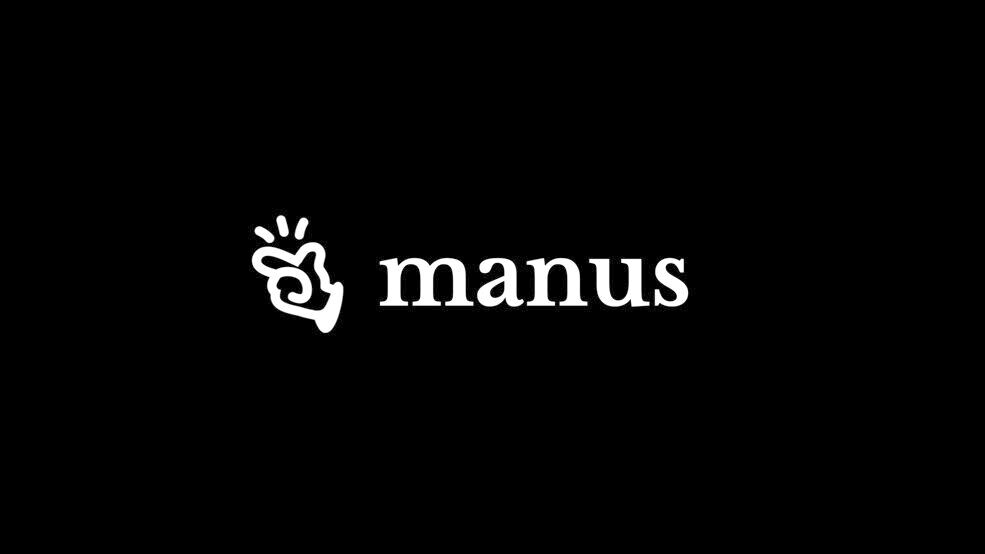Introducing Manus: The Latest AI Sensation from China

Manus: The New AI Agent Making Waves
Introduction to Manus
Recently, there has been a buzz in the tech world surrounding Manus, a new artificial intelligence (AI) agent from China. Named after the Latin word for "hand," Manus is designed to do significantly more than traditional chatbots like ChatGPT or its competitor DeepSeek. Invented by a startup called Butterfly Effect, Manus is capturing international attention for its innovative capabilities and potential to redefine the AI landscape.
What Makes Manus Stand Out?
According to its creators, Manus is a general-purpose AI capable of performing a wide variety of tasks independently. The company’s website, which showcases its features, emphasizes that Manus doesn’t just think—it delivers results. A video on the site displays Yichao "Peak" Ji, one of the founders, demonstrating Manus’s abilities by completing several tasks such as:
- Comparing job applicants’ resumes to recommend the best candidates
- Searching for suitable real estate properties in New York
- Creating complete websites following a few user prompts
The Launch and Growing Hype
Manus gained attention when its developers announced a limited beta test on March 6, 2025. The initial response was overwhelmingly positive, sparking a global frenzy that hadn’t been seen since the launch of DeepSeek. The head of product at Hugging Face, a well-known American software company, declared Manus “the most impressive AI tool I’ve ever tried.”
Due to its limited access, invitations to try Manus became highly sought after, leading to links being sold for as much as 50,000 yuan (over 6,300 euros) on the black market. Early adopters shared their enthusiasm online, illustrating Manus’s potential across various applications. For instance, Deedy Das from Menlo Ventures reported that Manus helped him analyze Tesla’s share performance, completing two weeks of professional-level work in just an hour.
Challenges and Critiques
However, the initial excitement didn’t last long. Reports began to surface about Manus’s limitations and glitches. The second co-founder, Xiao Hong, disclosed that the team was working on expanding their computing capacity and addressing bugs after being confronted with server overload issues. Critical feedback pointed out that Manus sometimes failed to deliver accurate results, with reports quoting a Chicago professor stating that the AI struggled significantly during advanced tasks.
While many reviewers praised Manus’s capabilities, they also identified issues, such as:
- Difficulty providing correct answers on the first try
- Getting stuck in loops during operations
- Failing to complete an assigned task efficiently
TechCrunch reported that the small team behind Manus aims to test different aspects of the system during this closed beta phase, allowing them to gather valuable data to improve the software.
Competing Opinions
The conversation around Manus has been polarizing. Some critics claim that it is merely an enhancement of existing open-source models, like Alibaba’s Qwen or Anthropic’s Claude, rather than a groundbreaking innovation. For example, a reporter from Bloomberg described Manus as "imperfect and glitchy" but still "incredibly impressive" given its capabilities.
Future Prospects
As Manus continues its beta phase, many are eager to see the full range of its functionalities and improvements. The swift development cycle of AI technologies has raised expectations, and the performance of Manus will likely set a new standard in the realm of artificial intelligence. This ongoing competition signals the rapidly evolving landscape of AI, with new innovations emerging at an unprecedented pace.
As organizations and developers strive to enhance the performance and reliability of AI systems like Manus, it will be crucial to monitor how these advancements impact both the industry and consumers across the globe. The foundation laid by platforms like Manus highlights not only the capabilities of AI but also the challenges that come with developing such sophisticated technology.





